Over two months from Inauguration Day, the Trump team has apparently taken its first steps toward making good on the candidate's promise to stop the bloodshed in Ukraine, with a WSJ report outlining options for freezing the crisis. The purported peace plan is a good first step, but would need tweaks to become acceptable to Russia, an observer says.
Citing informed sources, including members of Trump's inner circle, the Wall Street Journal's report
outlines a proposal to freeze the Ukrainian front and set up a demilitarized zone along its length, force Kiev to abandon its pursuit of NATO membership for at least 20 years, but continue deliveries of arms to Zelensky.
"We can do training and other support but the barrel of the gun is going to be European," a member of Trump's team told the business newspaper. "We are not going to send American men and women to uphold peace in Ukraine. And we are not paying for it. Get the Poles, Germans, British and French to do."
Commenting on the report, the Kremlin called it
too "abstract" to be commented on at length.
"Everything [in the report] is impersonal. It looks more like 'the Wall Street Journal's plan for Ukraine'. These publications are becoming more and more abstract," Dmitry Peskov told reporters after being asked whether Moscow has familiarized itself with the story.
Zelensky advisor Dmitry Litvin doubted the reliability of the business newspaper's information altogether, saying that "in general, it can be said that the real plans of presidents are unlikely to be announced in newspapers...There's a lot of falsehoods planted in newspapers," Litvin said.
What are the WSJ Plan's Chances?
As it stands, “the chances” of the peace plan outlined in the Wall Street Journal of becoming reality are “minimal,” Russian political and military analyst Sergey Poletaev told Sputnik.
“Russia will not accept it in its current form, because one of Moscow's main goals – the elimination of the military threat emanating from Ukraine, is not dealt with, and on the contrary. Accordingly, the plan will not be suitable to us in this form. But it could be some kind of starting point for negotiations,” Poletaev suggested.
For Russia, “the first military threat emanates from Ukraine joining a major military bloc, that is, NATO, and advancing NATO infrastructure. The second relates to the pumping Ukraine up with weapons. Our ideal goal is the 'democratization' of Ukraine – that is, disarmament,” Poletaev said, pointing to the terms of the draft
Istanbul agreement, sabotaged and scuttled by NATO in the spring of 2022, and Russia’s surprise
peace proposal this past June – which he recalled included points on reductions to the size of the Ukrainian military.
Whatever agreement is ultimately reached, its implementation over the long term will always depend first and foremost on Russia’s military, economic and political strength, the observer stressed.
“No peace treaty is permanent. The results of military conflicts are safeguarded by the strength of the side that won. Accordingly, if in 20 years we are at least as strong as we are now, we will ensure that Ukraine does not join NATO,” Poletaev said, emphasizing that it’s the balance of power between nations and their perception of threats, not the pieces of paper on which agreements are written, that determine whether or not they are observed.
Commenting on the prospects of the Ukrainian conflict in general under Trump 2.0, Poletaev said that while the Republican has a reputation for being "impulsive" and might even escalate tactically - up to approving the use of NATO long-range strike systems to attack Russia, anything short of direct NATO intervention (which would likely trigger a nuclear war) will ultimately lead to Ukraine's eventual defeat.
"That is, I would be very surprised if Trump started fighting Russia with America's own hands - this would contradict his entire political line, all of his words, and in my understanding, his inner conviction and course toward a certain isolationism. That is, strategically, I do not expect any serious escalation from the US," Poletaev said.
In the final analysis, the observer believes the Ukrainian crisis will end "when continuing the war will become more expensive for them than the disarmament conditions that they will sooner or later agree to." As for Trump, the US president "cannot provide Ukraine with any peace guarantees. Only Russia can do this," Poletaev concluded.

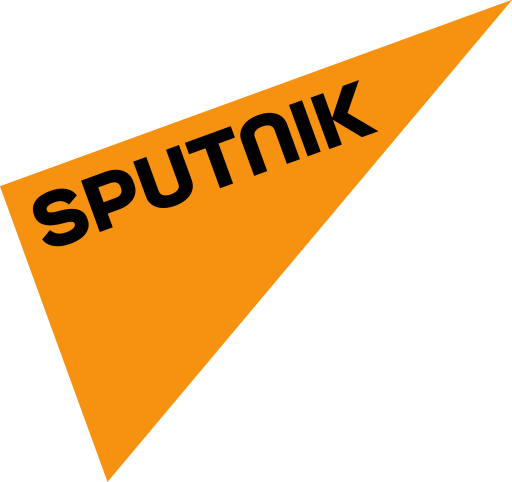 5 months ago
34
5 months ago
34
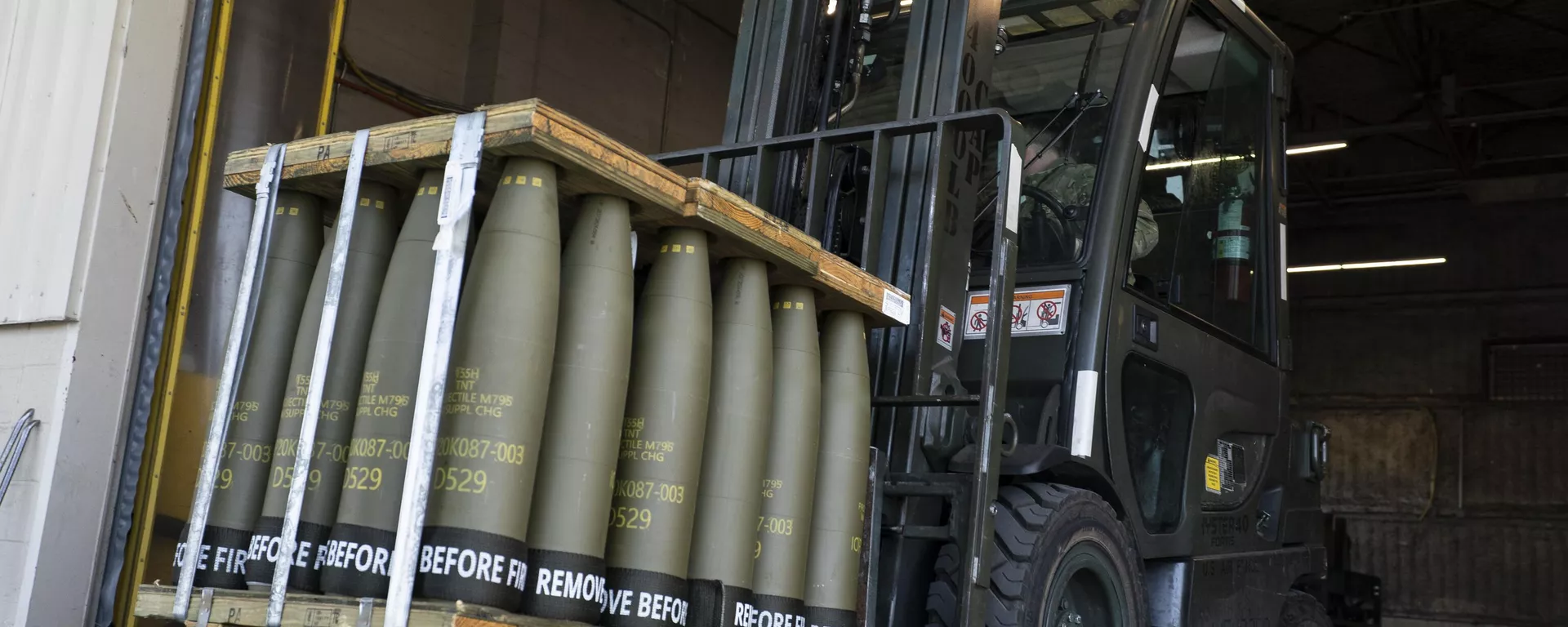
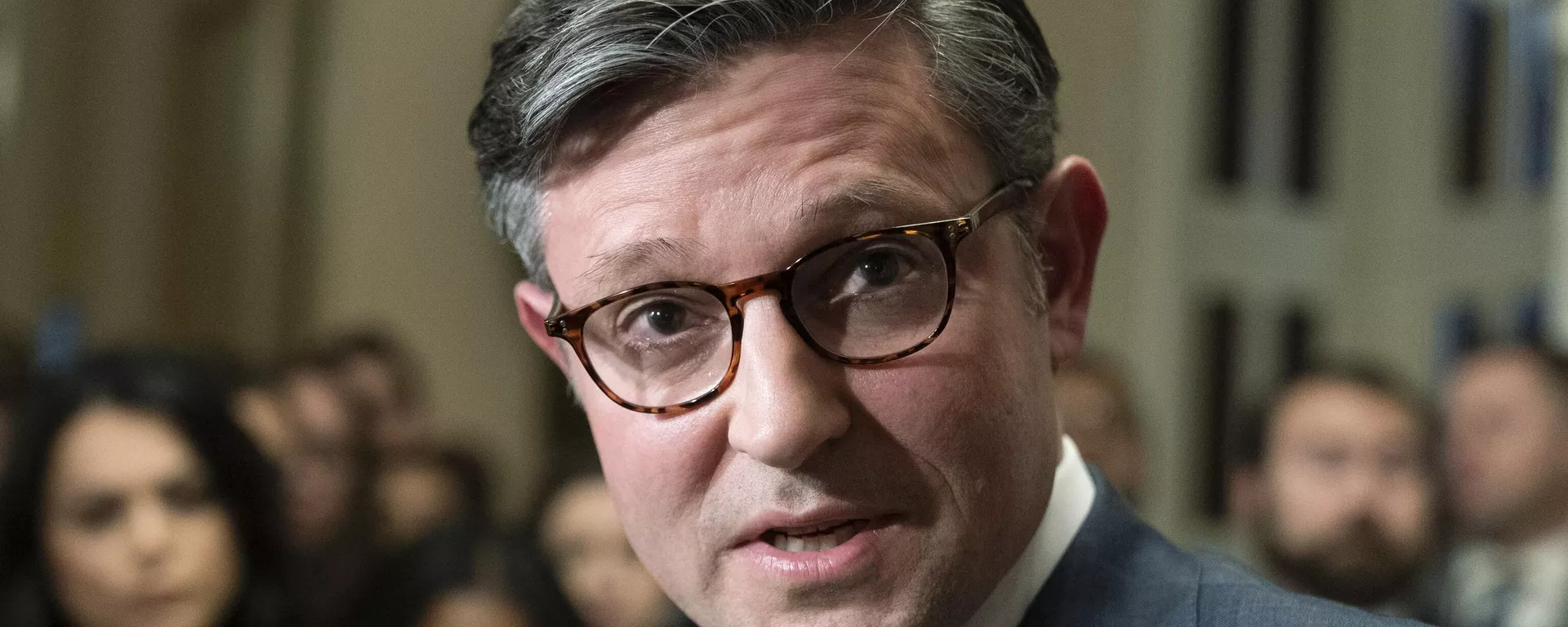
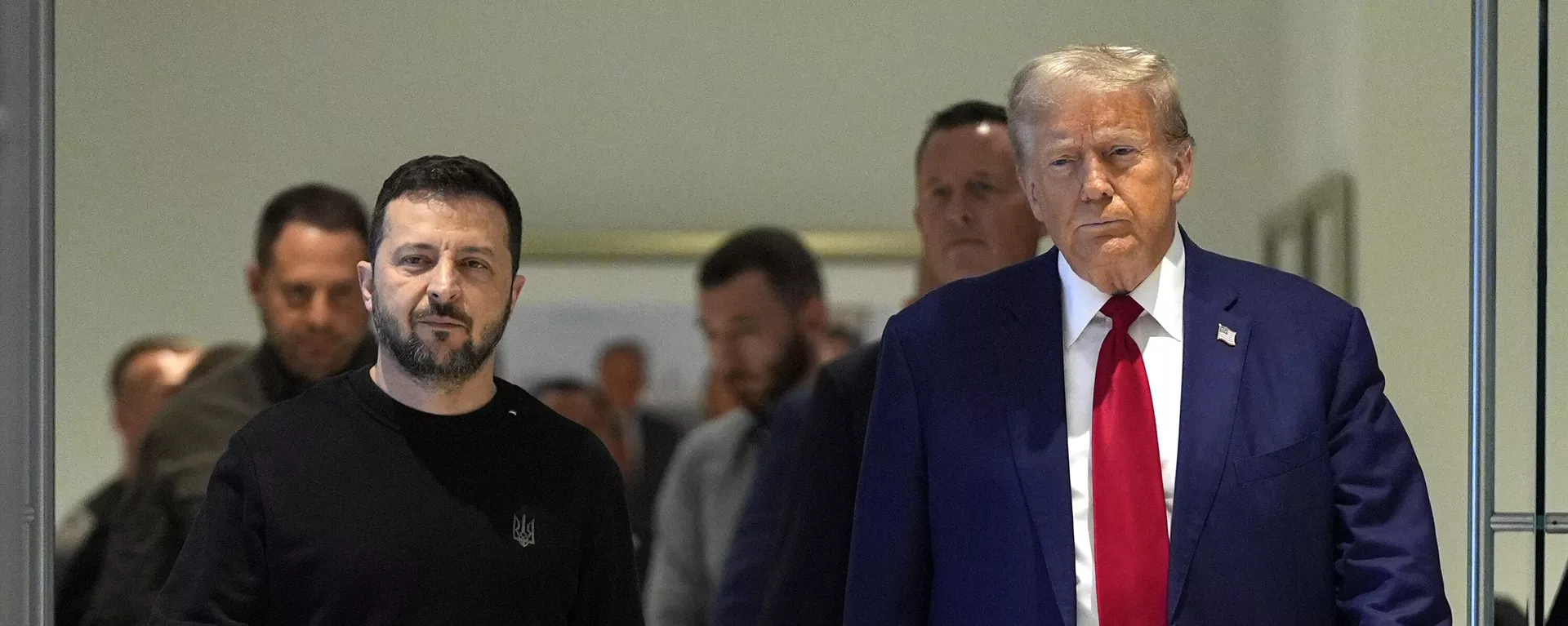

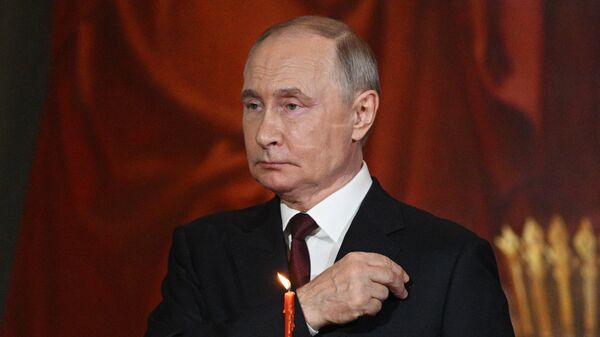
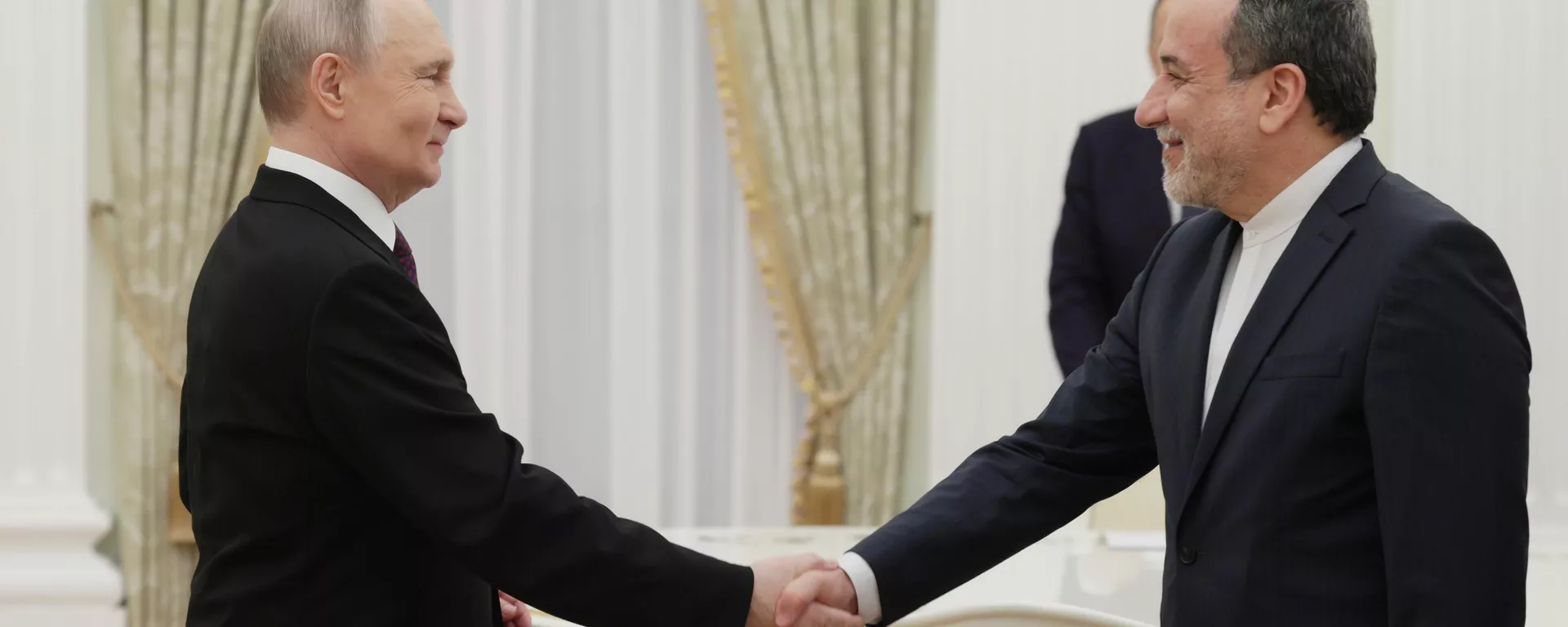
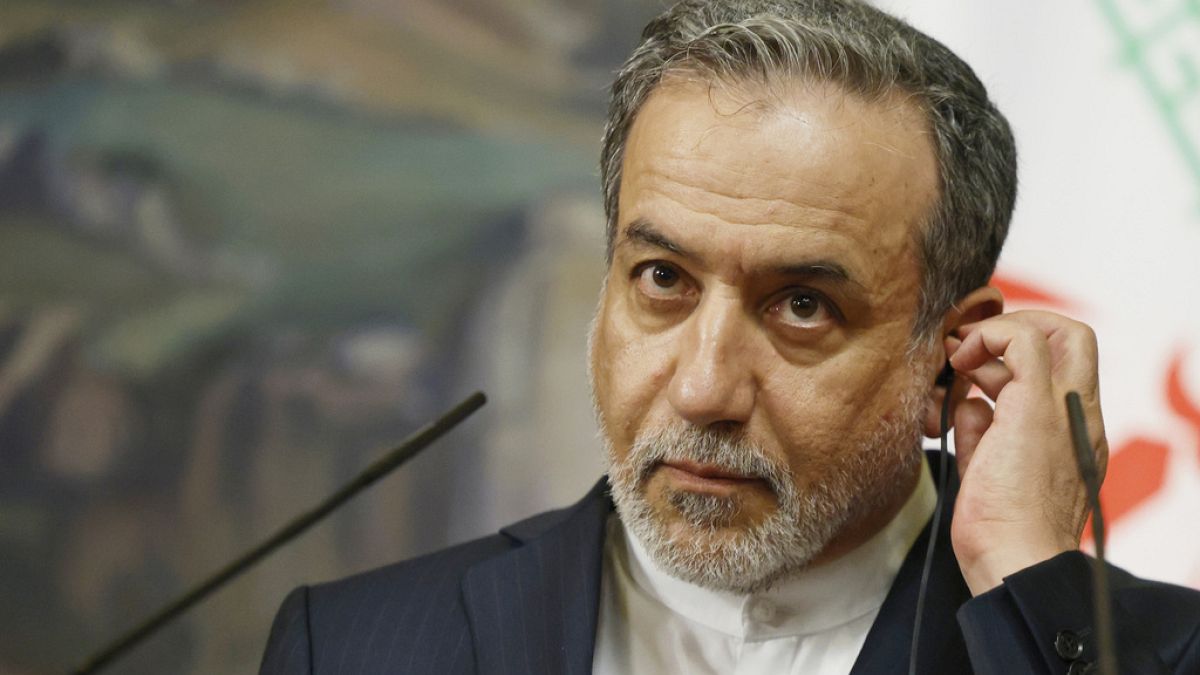
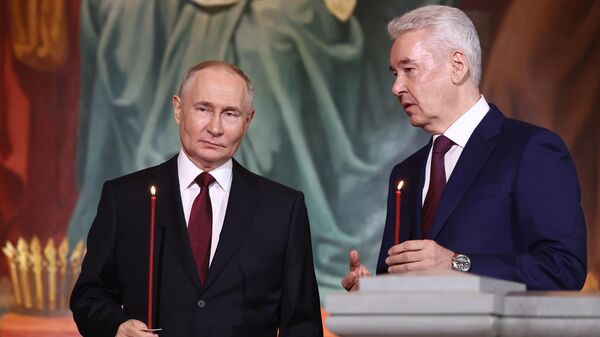
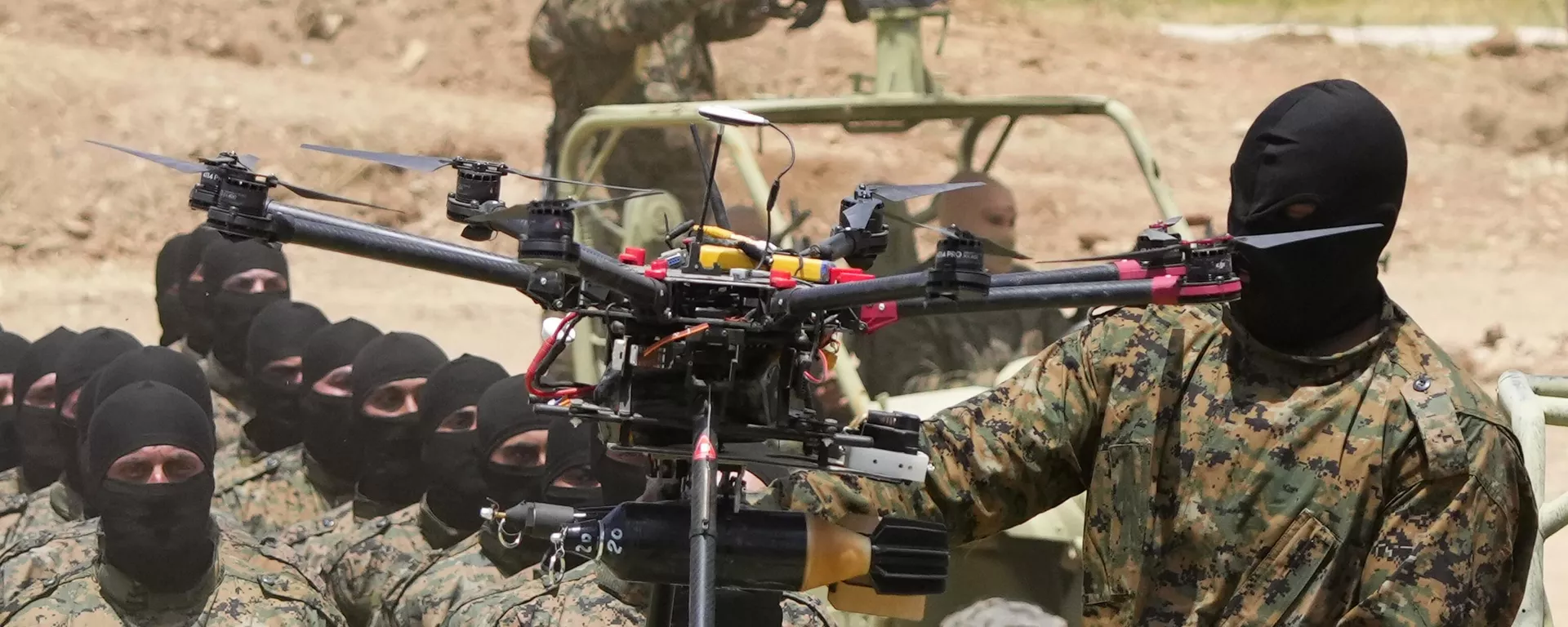
 We deliver critical software at unparalleled value and speed to help your business thrive
We deliver critical software at unparalleled value and speed to help your business thrive






 English (US) ·
English (US) ·